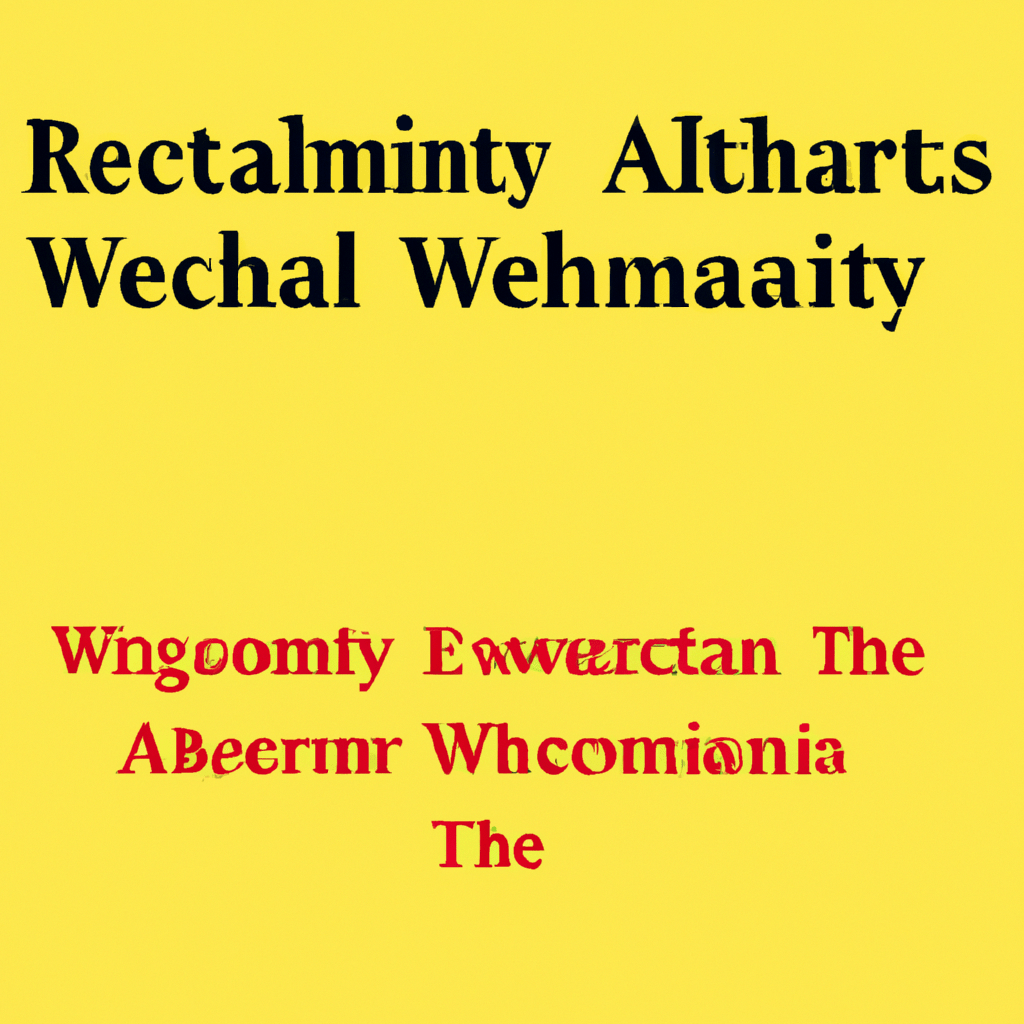Wealth redistribution mechanisms

Wealth redistribution mechanisms are strategies or systems put in place to address economic inequality by reallocating resources and opportunities among individuals or groups. These mechanisms aim to reduce the wealth gap and promote a more equitable distribution of wealth within a society. Common wealth redistribution mechanisms include progressive taxation, where higher-income individuals are taxed at higher rates, and social welfare programs that provide financial assistance to disadvantaged individuals and families. Additionally, wealth redistribution can also occur through policies such as inheritance taxes, minimum wage regulations, and public investment in education, healthcare, and infrastructure. By implementing these mechanisms, societies strive to create a more just and balanced economic system.
Read more
Types of wealth redistribution mechanisms

Wealth redistribution mechanisms are essential tools aimed at creating a more equitable society by redistributing wealth from those with more to those with less. One mechanism is progressive taxation, where individuals with higher incomes are taxed at a higher rate. Another approach is the implementation of social welfare programs that provide support to vulnerable populations. Wealth redistribution can also be achieved through policies that promote access to education and healthcare, narrowing the wealth gap. Additionally, minimum wage laws and labor rights initiatives aim to ensure fair compensation for workers. These various mechanisms seek to address income inequality and promote a more inclusive and just society.
Read more
Pros and cons of wealth redistribution

Pros of wealth redistribution include greater income equality, reduced poverty rates, and improved social mobility. By redistributing wealth, individuals in lower income brackets have the opportunity to access resources, education, and healthcare that were previously out of reach. This can lead to increased societal well-being and harmony, as disparities in wealth and income become more balanced. However, wealth redistribution also comes with some cons. It can discourage productivity, innovation, and entrepreneurship if people feel that the rewards of their hard work will be taken away and distributed to others. Additionally, if done poorly, wealth redistribution programs can create dependency and hinder economic growth.
Read more
Historical examples of wealth redistribution

Historical examples of wealth redistribution have occurred throughout civilizations and time periods. One prominent instance is the Roman Empire's implementation of land reform, where excess land owned by the wealthy was reclaimed and redistributed to the poor. Another example is the policies implemented during the French Revolution, with the aim of redistributing wealth from the aristocracy to the lower classes. The New Deal in the United States during the 1930s is another noteworthy example, with the implementation of various social programs and progressive taxation to address wealth inequality. These historical examples demonstrate societies' efforts to address economic disparities and create a more equitable distribution of wealth.
Read more
Current debates and challenges in wealth redistribution.

Current debates and challenges in wealth redistribution revolve around the growing wealth gap that has emerged in many societies. Proponents argue that wealth redistribution is essential to combat inequality and ensure a more equitable distribution of resources. They emphasize the need for progressive tax policies, government intervention, and social welfare programs. However, opponents argue that wealth redistribution stifles economic growth, discourages entrepreneurship, and undermines the principles of individual freedom and responsibility. They advocate for a system that encourages wealth creation through free markets and limited government intervention. Finding a balance between these contrasting perspectives is a complex challenge faced by policymakers and society as a whole.
Read more
Concept of wealth redistribution

The concept of wealth redistribution refers to the idea of transferring resources, such as income, wealth, and assets, from the affluent individuals or entities to those who are less privileged. Advocates argue that it is a means to reduce inequality and ensure a fairer distribution of wealth within a society. Wealth redistribution can take various forms, including progressive taxation, social welfare programs, and public investments. This concept has been a topic of debate for decades, as it raises questions about the role of government, individual rights, and the potential impact on economic growth. While supporters believe it can promote social justice, critics argue that it may discourage productivity and hinder economic development.
Read more












